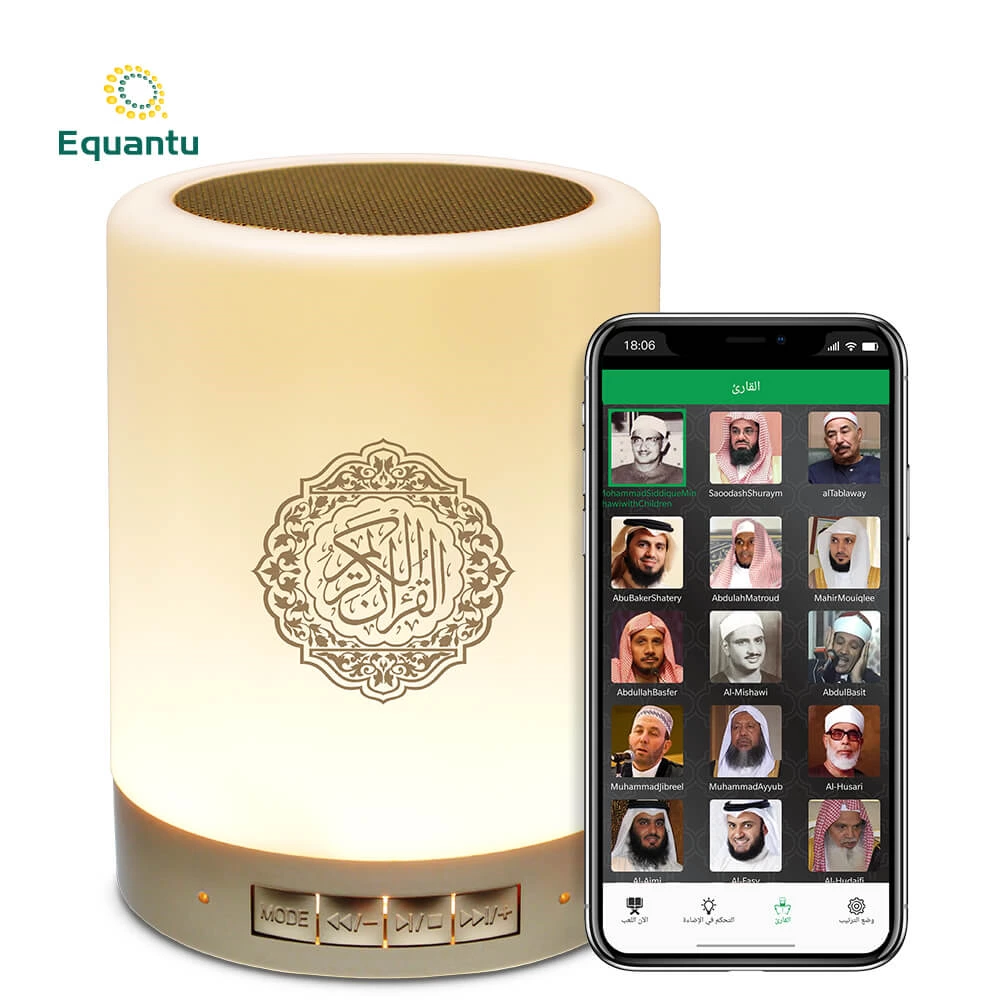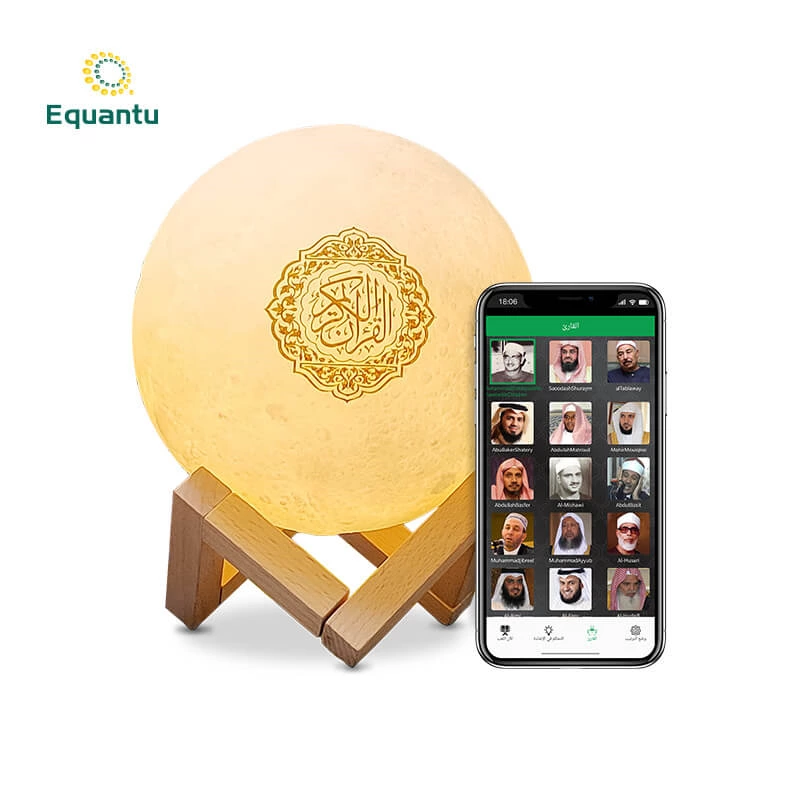Religious Significance
Historical Foundation
The festival commemorates a pivotal moment in Islamic history:
- Prophet Ibrahim's willingness to sacrifice his son
- Allah's intervention with a ram as replacement
- Demonstration of complete submission to Allah
- Example of ultimate faith and devotion
Spiritual Lessons
Key religious teachings include:
- Importance of sacrifice in faith
- Value of complete submission
- Strength of family bonds
- Significance of charitable giving
- Community responsibility
Qurbani Requirements
Animal Specifications
Strict guidelines govern sacrificial animals:
Acceptable Animals:
- Sheep/Goats (minimum 1 year old)
- Cattle (minimum 2 years old)
- Camels (minimum 5 years old)
Health Requirements:
- Free from obvious defects
- Healthy and well-fed
- Physically complete
- Clear of injuries
- Appropriate age
Timing Requirements
Specific timeframes must be observed:
- Begins after Eid prayer
- Continues for three days
- Follows local sunrise/sunset
- Considers time zone differences
Distribution Practice
Traditional Method
The meat is typically divided into three portions:
- One-third for family
- One-third for friends and neighbors
- One-third for the poor and needy
Modern Adaptations
Contemporary distribution methods include:
- Professional butchering services
- Organized charity distribution
- Food bank partnerships
- Community meal programs
- International donation programs
Global Observance
Middle Eastern Traditions
Practices in Islam's birthplace:
- Large community gatherings
- Extended family celebrations
- Professional sacrifice centers
- Organized distribution systems
- Special holiday meals
South Asian Customs
Regional variations include:
- Multi-day celebrations
- Community sacrifices
- Extensive meal preparation
- Charitable distribution networks
- Family gatherings
Southeast Asian Practices
Local adaptations feature:
- Communal sacrifice events
- Traditional ceremonies
- Special food preparation
- Cultural celebrations
- Community feasts
Modern Implementation
Urban Adaptations
City-based observances include:
- Licensed sacrifice centers
- Pre-ordering systems
- Professional processing
- Organized distribution
- Health regulations compliance
Digital Solutions
Technology integration:
- Online ordering platforms
- Digital payment systems
- Distribution tracking
- Virtual celebrations
- Remote participation options
Practical Considerations
Health and Safety
Important guidelines include:
- Professional butchering
- Proper storage methods
- Hygienic handling
- Temperature control
- Safe distribution
Environmental Concerns
Sustainable practices:
- Waste management
- Environmental protection
- Efficient processing
- Proper disposal
- Resource conservation
Social Impact
Community Benefits
Positive effects include:
- Poverty alleviation
- Social cohesion
- Resource sharing
- Community bonding
- Economic support
Economic Influence
Festival's economic impact:
- Livestock market boost
- Local business growth
- Employment opportunities
- Charity sector support
- Food industry stimulus
Cultural Elements
Traditional Foods
Special dishes include:
- Biryani variations
- Kebab preparations
- Traditional sweets
- Regional specialties
- Festive beverages
Social Customs
Important traditions:
- Family gatherings
- Community meals
- Gift exchanges
- Charitable acts
- Cultural ceremonies
Educational Aspects
Teaching Opportunities
Knowledge sharing includes:
- Historical lessons
- Religious education
- Moral teachings
- Practical training
- Cultural preservation
Youth Involvement
Engaging young generations through:
- Participatory learning
- Hands-on experience
- Cultural understanding
- Charitable activities
- Community service
Conclusion
Eid al-Adha and the ritual of Qurbani represent fundamental aspects of Islamic faith and practice. While maintaining its essential spiritual significance, the festival continues to adapt to modern circumstances, demonstrating Islam's flexibility in contemporary contexts. The celebration remains a powerful reminder of faith, sacrifice, and community responsibility, uniting Muslims worldwide in religious observance and charitable giving.







